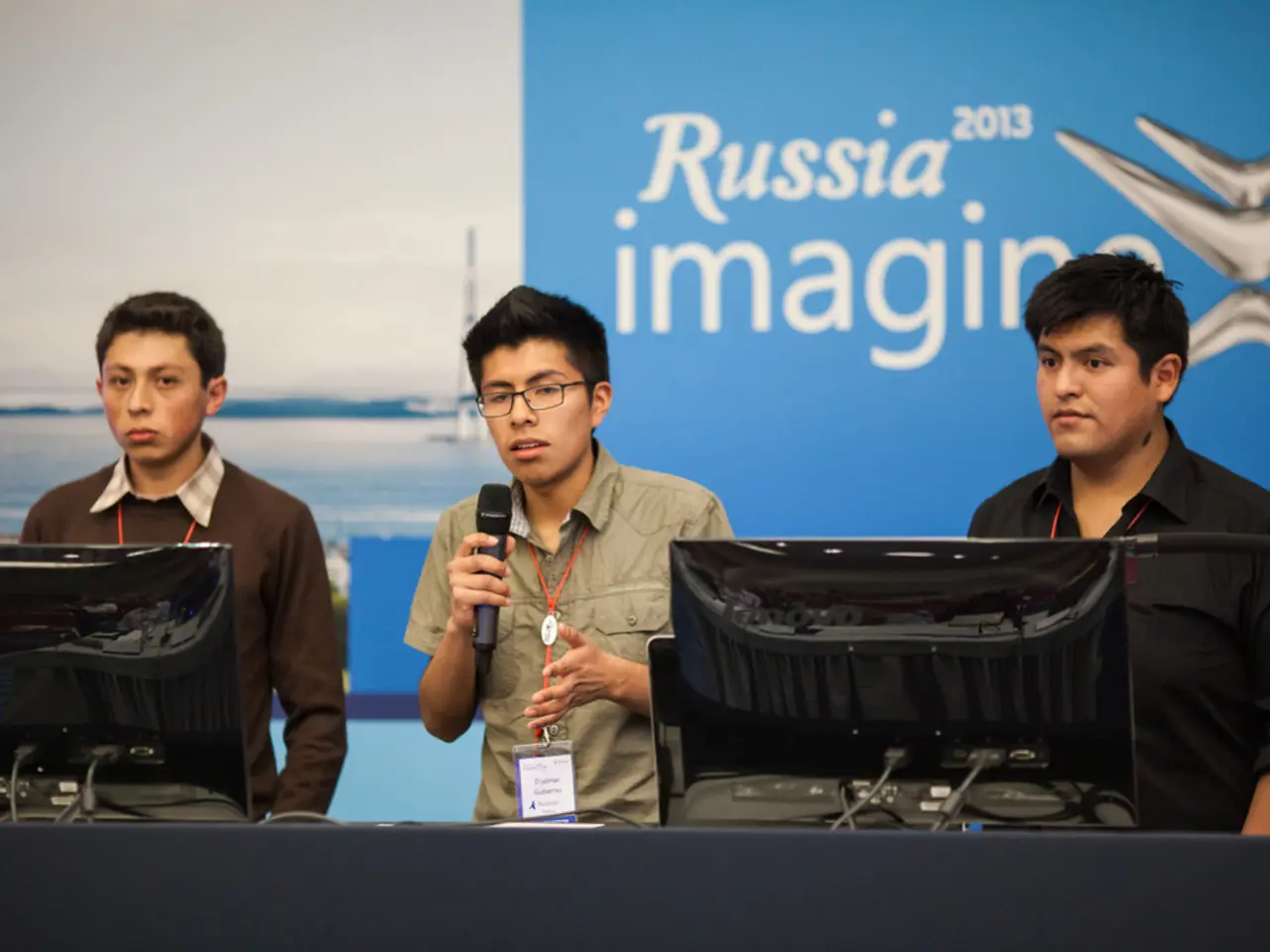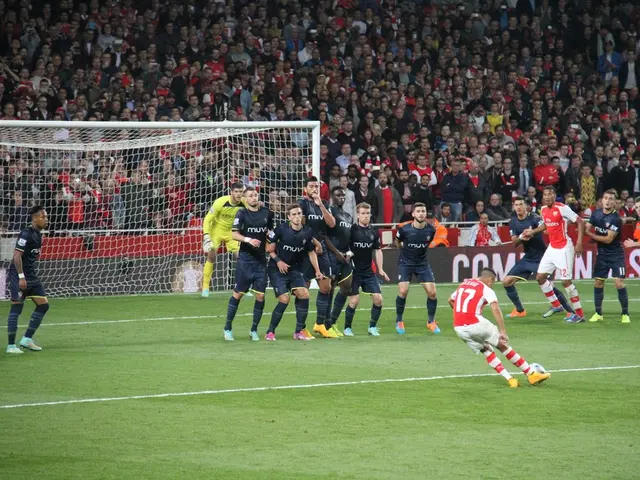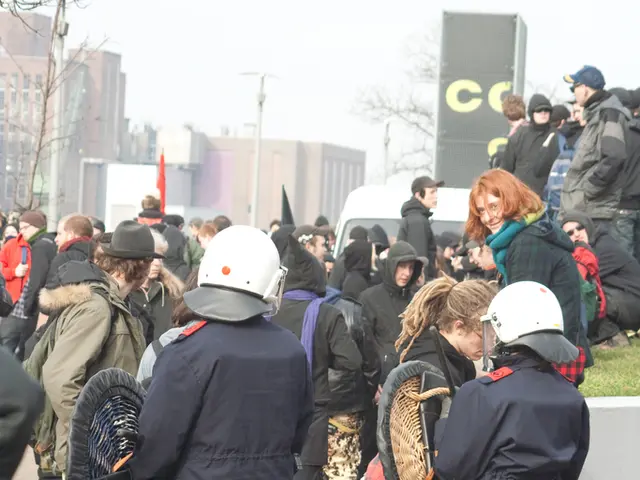Russia facing ban on liquefied natural gas exports from the EU starting 2027 under proposed sanctions by the European Union
Europe Tightens Sanctions Against Russia Amidst Ongoing Conflict in Ukraine
The European Union (EU) is set to impose a more robust sanctions package against Russia, following the preliminary failure of the US peace initiative for Ukraine. The new measures aim to further isolate Russia economically and politically.
The sanctions, proposed by Germany, France, and a coalition of Nordic and Eastern European countries, target various sectors. One of the key areas is the trade sector, where new export bans for goods and services that can be used by the Russian defense industry or strengthen Russian industrial capacities are to be implemented. Around 560 ships could be affected by these sanctions, as they should no longer be allowed to dock in EU states' ports, be insured, financed, or equipped by European companies.
In the energy sector, the EU Commission wants to bring forward the date for a full import ban on liquefied natural gas (LNG) from Russia to the EU. The ban, which was initially set to come into effect as early as the beginning of 2027, is now being accelerated. A full import ban on oil from Russia is also planned by the end of 2027.
The sanctions also include denying further banks from Russia and friendly countries access to the EU capital markets and prohibiting transactions with them. Measures against the Russian credit card system (Mir) and the quick payment system SBP are also planned.
However, the negotiation process for these sanctions is expected to be challenging, particularly due to opposition from countries like Hungary. Despite this, several EU countries support the proposal for a faster abolition of Russian natural gas imports. However, eight member states, including Belgium, France, Greece, Hungary, the Netherlands, Portugal, Slovakia, and Spain, still import Russian gas as of late 2025; these countries are critical because they remain dependent on Russian gas supplies, highlighting internal divisions and the complexity of achieving energy independence within the EU.
The EU is planning to gradually phase out the import of Russian gas and completely end it by the end of 2027. Stricter action is also planned against the use of cryptocurrencies to circumvent existing sanctions. The EU Commission is proposing to list more than 100 ships as part of the Russian shadow fleet, which are suspected of circumventing energy sanctions.
The EU's High Representative for Foreign Affairs, Kaja Kallas, stated that Europe wants peace for Ukraine, but Russia is escalating its aggression and violating EU borders. The first half of 2025 saw the EU import liquefied natural gas from Russia worth almost 4.5 billion euros. As the conflict in Ukraine continues, the EU remains committed to imposing sanctions until Russia fully complies with international law and withdraws its troops from Ukrainian territory.
Trade restrictions against further companies from countries such as China and India are also part of the proposed sanctions. The EU Commission believes that these measures are necessary to ensure the security and stability of the EU and its member states. The new sanctions package is a clear demonstration of the EU's resolve to stand against Russian aggression and support Ukraine in its quest for peace and sovereignty.








